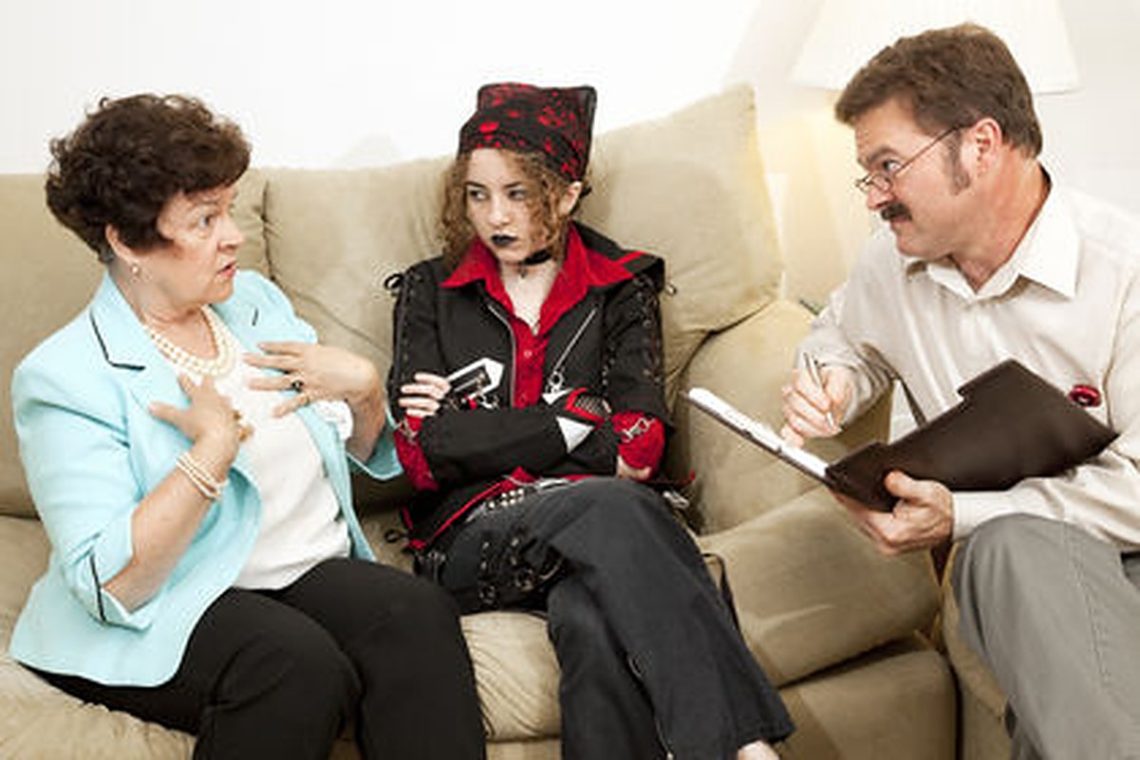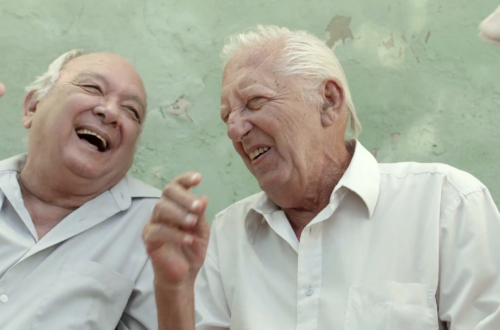Suppose you’ve become concerned about some of your child’s behaviors, and you decide it’s time they see a therapist. Maybe your son is “gaming” too much, and his grades are dipping. Perhaps your daughter isolates herself in her room, and rejects social opportunities. Your first response is to tell your son what he should be doing, or insist your daughter talks to you. As a parent, it makes sense that you would become anxious to the point of agitation. Parents are always terrified about the short and long term impacts of problematic behaviors.
Your child ignores your efforts, which causes you to amp up your pursuit of solutions, only to have your child run further away. Anxiety in relationships often creates the pattern of one person pursuing, and the other distancing. It is a common, and automatic human behavior.
Depending on the problem, you’ve tried punishments and overfunctioning among other interventions geared toward gaining some control. Your child now senses he is a problem, and withdraws even more. Without considering why your child resists your efforts at connection, you mandate he will talk to a “professional”. After all, It is always the child who needs to change. When your child rejects the idea, you drag her to therapy anyway, where she sits in protest. This raises your anxiety higher because you fear these behaviors reflect upon you as a parent.
Because teens struggle to trust the adults closest to them, it is reasonable they won’t initially trust a stranger. The fact that adolescents tend to perceive therapy as a punishment also steepens the uphill climb. Making matters even more difficult are the avoidable mistakes parents make that intensify children’s allergic reactions to therapy.
Avoid Diatribes Sure to Alienate
The biggest mistake many parents make in initial sessions is launching into a tirade about their child. It’s a revealing moment because as the parent’s anxiety pours out, the expressionless child sits gazing at the floor. Although it’s hard to see a child in pain, it’s important that therapists see family dynamics first hand. As the child shrinks into the couch, the parent will demand the child not be “rude”, and speak.
Parents often underscore the ensuing silence as indicative of “the problem” without recognizing how being chastised in front of a stranger could create shutdown. At this point, the child feels tattled on, and believes the therapist is a new authority figure in his life. Once that happens, alignment becomes a bit more difficult to attain.
Although parents want their child and the therapist to align, they don’t realize how their diatribe creates the opposite effect. From the child’s perspective, parent and therapist are now a team. This assuredly creates more resistance from the child. I always investigate this with teens, and they confirm their belief I’m just another adult taking their parents’ side. If parents want their child to develop an alliance with the therapist, it’s best they not alienate the child during the first session. One way to do this is to make the goal of change a family matter.
Assume Some of the Responsibility
Shared accountability is achieved when parents place some focus on themselves; maybe choosing phrases like “What most concerns me is” or “I’m struggling with”. Parents opening up about their own struggles creates a safe space, minimizes judgement, and makes vulnerability “okay”. It is also important to choose less accusatory phrases than, “He doesn’t care about school” or “All she does is sit in her room.” Parents often frame their concerns in unrealistic, broad generalizations that impact their child’s self-esteem. It becomes possible kids believe the therapist shares their parents’ negative opinion about them.
It also helps when parents take accountability for how their actions impact the parent/child relationship. Parents can do this by noting some behavioral changes they would like to make. Statements like “I want to be a better listener” or “I notice I”m losing my patience” work magic because they let the child know it’s not all their fault. Even if the child doesn’t acknowledge this in session, the message is woven into their mind, and can lower their guard. The overarching point is that in family dynamics, everyone plays their role, and change is more likely to happen when the focus shifts from child to family.
Family Therapy Is about “Team”
Behavioral problems in children rarely occur in a vacuum, and are usually in response to something happening in their environment. What this suggests is that problematic behaviors are not only a result of internal struggle, but of dysfunctional interpersonal relationships.
When parents own their role, the focus of therapy shifts away from the “problem child”, and toward family work necessary to enhance relationships. This allows doors of communication to open, and helps kids feel less blamed, and more understood. They might even learn a bit about what life was like for their parents as children, and how they learned to become the parents they are. Uncovering negative parenting patterns creates the possibility of change for future generations.




